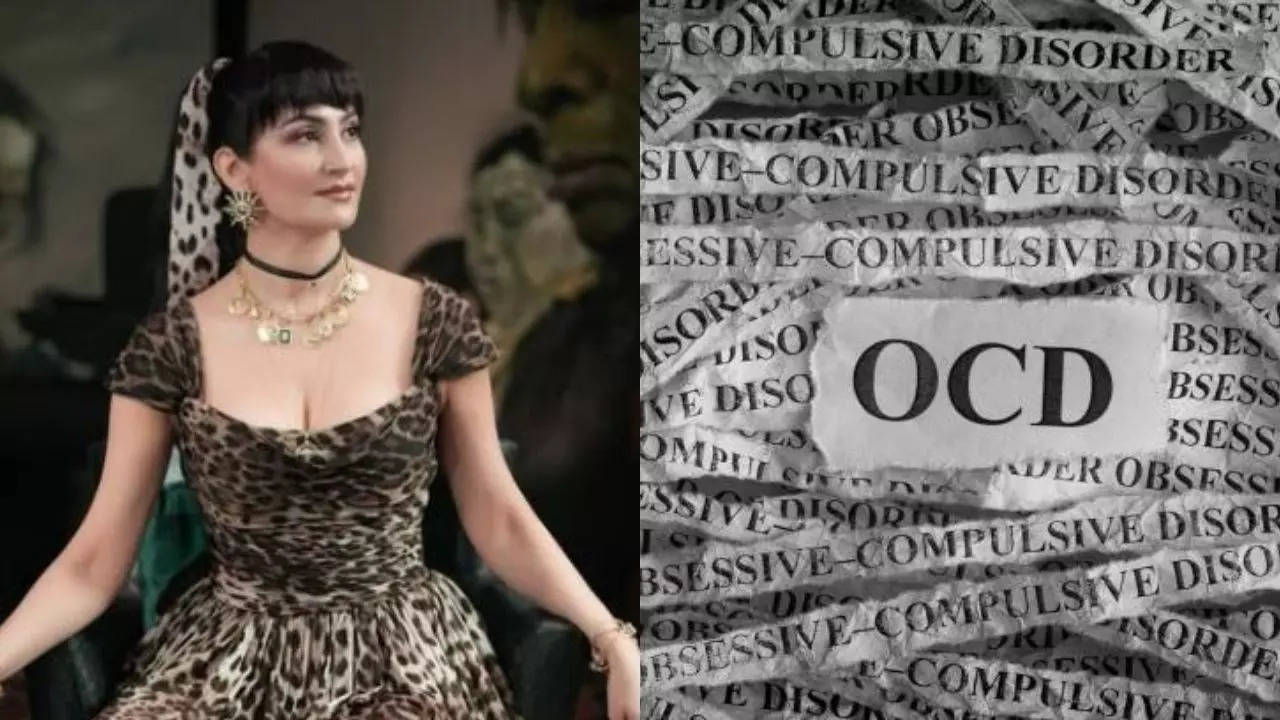Contents
-
news
-
Health
Shalini Pasi says that OCD is a coping mechanism; Know how mental health conditions affect everyday life
Popular philanthropist and art collector Shalini Pasi says obsessive-compulsive disorder, or OCD, is a coping mechanism that helps people maintain security and control over life. Clinically it is labeled as a long-term mental health disorder in which a person experiences uncontrollable and recurring obsessions and engages in repetitive behaviors or both. Read on to know how it can affect your life.

OCD is medically labeled as a long-lasting mental health disorder in which a person experiences uncontrollable and recurring obsessions.
Famous philanthropist and renowned art collector Shalini Pasi says that obsessive-compulsive disorder, or OCD, is a coping mechanism that helps people maintain security and control over life. Clinically it is labeled as a long-term mental health disorder in which a person experiences uncontrollable and recurring obsessions and engages in repetitive behaviors or both.
People who have OCD experience time-consuming symptoms that can cause significant distress or interfere with their daily lives.
Once I was eating sweets and someone ate sweets from my plate, I didn’t talk to that person for two years,” she said on the television reality show. Bigg BossAs another contestant talked about how he approaches his daily activities.
What is OCD?
According to experts, OCD causes a condition in which you repeatedly have unwanted thoughts and sensations that force you to perform repetitive behaviors that interfere with social interactions and performing daily tasks. Generate.
Doctors say that OCD is usually a lifelong and long-term condition, but symptoms can come and go over time. OCD is very serious and can take up many hours of your day, interfering with your normal life and activities. Obsession with OCD is unwanted, and people with OCD do not enjoy performing compulsive behaviors.
Who does OCD affect?,
Experts say that even though OCD can affect anyone, the average age of onset is around 18-20 years. About 50 percent of people with OCD begin experiencing symptoms in childhood and adolescence.
It is rare for someone to develop OCD after the age of 40.
OCD symptoms and signs
The main symptoms of OCD include obsessions and compulsions that, even if you know they are problematic, you can’t stop them. Some of these include:
Fear of hurting yourself or someone else because you are not careful enough or you are going to act on a violent impulse.
- Unwanted thoughts or mental images related to sex
- fear of making mistakes
- excessive concern for morality
- feeling of suspicion or hatred
- excessive concern about your sexual orientation or gender identity
- The need for order, cleanliness, uniformity, or completeness
- need for constant assurance
What causes OCD?
Although experts say they do not know what causes OCD, there may be some important factors behind the condition:
genetics
According to various studies, having a first-degree relative suffering from OCD has a higher risk of developing the condition.
changes in your brain
Imaging studies show differences in the frontal cortex and subcortical structures of the brain in people with OCD, which is also linked to many neurological conditions that affect the same areas of your brain, such as Parkinson’s disease.
panda syndrome
PANDAS, or pediatric autoimmune neuropsychiatric disorders associated with streptococcal infection, is a group of conditions that can affect children who have had streptococcal infection.
childhood trauma
Some studies show a link between childhood trauma such as abuse and neglect and the development of OCD.
Get the latest news live on Times Now with breaking news and top headlines from around the world.


